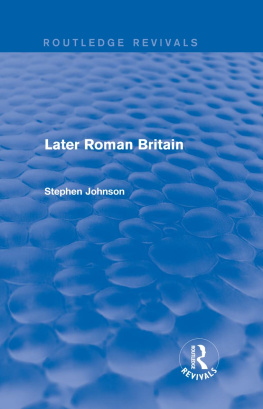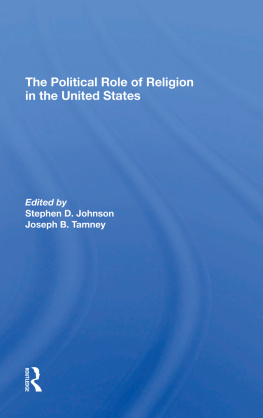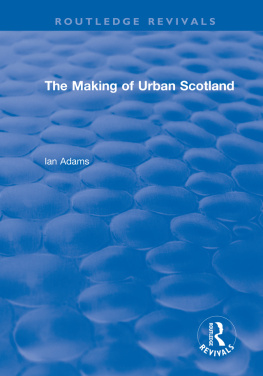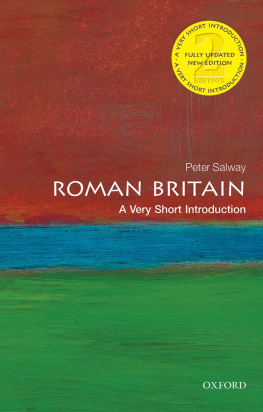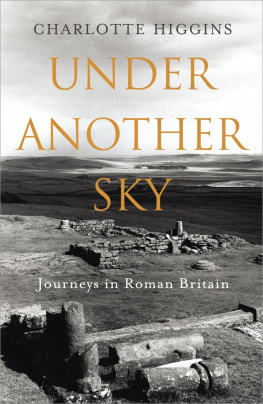Routledge Revivals
Later Roman Britain
Later Roman Britain, first published in 1980, charts the end of Roman rule in Britain and gives an overall impression of the beginning of the so-called Dark Ages of British history, the transitional period which saw the breakdown of Roman administration and the beginnings of Saxon settlement.
Stephen Johnson traces the flourishing of Romano-British society and the pressures upon it which produced its eventual fragmentation, examining the provinces barbarian neighbours and the way the defence was organised against the many threats to its security. The final chapters, using mainly the findings of recent archaeology, assess the initial arrival of the Saxon settlers, and indicate the continuity of life between late Roman and early Saxon England. Later Roman Britain gives a fascinating glimpse of a period scarce with historical sources, but during which changes fundamental to the formation of modern Britain began to take place.
Later Roman Britain
Stephen Johnson
First published in 1980
by Routledge & Kegan Paul Ltd
This edition first published in 2014 by Routledge
2 Park Square, Milton Park, Abingdon, Oxon, OX14 4RN
and by Routledge
711 Third Avenue, New York, NY 10017
Routledge is an imprint of the Taylor & Francis Group, an informa business
1980 Stephen Johnson
The right of Stephen Johnson to be identified as author of this work has been asserted by him in accordance with sections 77 and 78 of the Copyright, Designs and Patents Act 1988.
All rights reserved. No part of this book may be reprinted or reproduced or utilised in any form or by any electronic, mechanical, or other means, now known or hereafter invented, including photocopying and recording, or in any information storage or retrieval system, without permission in writing from the publishers.
Publishers Note
The publisher has gone to great lengths to ensure the quality of this reprint but points out that some imperfections in the original copies may be apparent.
Disclaimer
The publisher has made every effort to trace copyright holders and welcomes correspondence from those they have been unable to contact.
A Library of Congress record exists under LC control number: 80503527
ISBN 13: 978-0-415-74478-2 (hbk)
ISBN 13: 978-1-315-79835-6 (ebk)
Later Roman Britain
Stephen Johnson
First published in 1980
by Routledge & Kegan Paul Ltd
39 Store Street, London WC1E 7DD and Broadway House, Newtown Road, Henley-on-Thames, Oxon RG9 1EN Photoset in Linocomp Palatino and printed in Great Britain by Lowe & Brydone Printers Ltd
Thetford, Norfolk
Stephen Johnson 1980
No part of this book may be reproduced in any form without permission from the publisher, except for the quotation of brief passages in criticism
British Library Cataloguing in Publication Data
Johnson, Stephen, b.1947
Later Roman Britain. (Britain before the conquest).
1. Great Britain History Roman period, 55 B.C. 449 A.D.
I. Title II. Series
936.104 DA145
ISBN 0 7100 0432 X
Contents
Illustrations
Photographs
Maps
Figures
Acknowledgments
The author gratefully acknowledges the assistance of the following persons and institutions for the provision of illustrative material, and for allowing it to be reproduced: The Ashmolean Museum, Oxford, .
The provinces of Britain
Britain, you are indeed fortunate, and now more blessed than any other land, since you were the first to see Constantine as Emperor. Nature rightly endowed you with every benefit of land and climate. Your winters are not too cold, nor your summers too hot: your corn-fields are so productive they assure you of the gifts not only of Ceres, but of the Liberi too. No terrible beasts shelter in your woods, no noxious snakes infest your earth. Far from it! Your domestic herds are innumerable: their udders bulge with milk, and their backs are laden with wool. To make life the more pleasant, the days are of the longest, and no night goes by without some light, since your flat shoreline throws no shadow. While the night and its constellations revolve, the sun himself, who to us appears to go down, in Britain seems only to go past.
This poetic picture, given in a speech in the year AD 310 before Constantine, who had been acclaimed emperor of the Roman world some five years earlier at York, sums up some of the obstacles which block our view of Britain as a province of the Roman Empire. The passage, like others in the same vein, forms part of one of the Panegyrics speeches delivered by court orators in which the achievements and fame of the current emperor were duly celebrated. The court was at the time at Trier (Augusta Trevirorum) in present-day Germany, and though this is not exceptionally far from Britain, the unknown orator describes something of a cross between prosaic fact and fictional paradise: Britain, the argument runs, is a fabulous land of plenty the most appropriate place for the emperor to have been proclaimed. Had Constantines father not died in York, and his son not hurried to his bedside there, any other province would have fitted smoothly into the orators fulsome summary.
The idea that Britain lay at the edge of the known world, an awkward appendage to Mediterranean culture, was of course a commonplace, even now, after the island had enjoyed 200 and more years of provincial Roman status. Mediterranean authors could still consider Britain, on the fringes of barbarism of a particularly savage kind, as a rather shaky bastion of the civilised world against the This list served to convince the panegyrist that it had been worth bothering to regain for the empire the British provinces which had temporarily fallen under the control of an illegal and officially unrecognised regime.
Clearly, the fact that Britain was an island lying outside the more comfortable confines of the Mediterranean our sea, as Romans called it was of great psychological importance. Almost certainly the first Roman pioneers on the island, before there was any thought of bringing her into the empire as a province, will have been merchants: their purpose was to tap mineral sources, to gather foodstuffs and livestock and to buy these with Roman luxury goods from the native pre-Roman population. Julius Caesar led the first actual military pioneering sorties across the Dover Straits, and though he gained some success, largely on the diplomatic front, and certainly profited by the propaganda value of his expeditions, it was not until nearly a century later that Roman troops again crossed the Straits, this time properly to annexe the British territory. The aim was to back up with action the foreign policies Rome had been following: one of her allied Celtic chiefs had recently been deposed, and this fact provided a spur to the emperor Claudius, who was relatively new to the throne. He was anxious to show that he, like his more martial and illustrious predecessors Augustus and Tiberius, could contemplate and sustain the annexation of new territory for the Roman Empire. Once the Roman legions and auxiliaries had gained their foothold in the island, the process of Romanisation, though slow, and subject to temporary setbacks, was never seriously halted.



